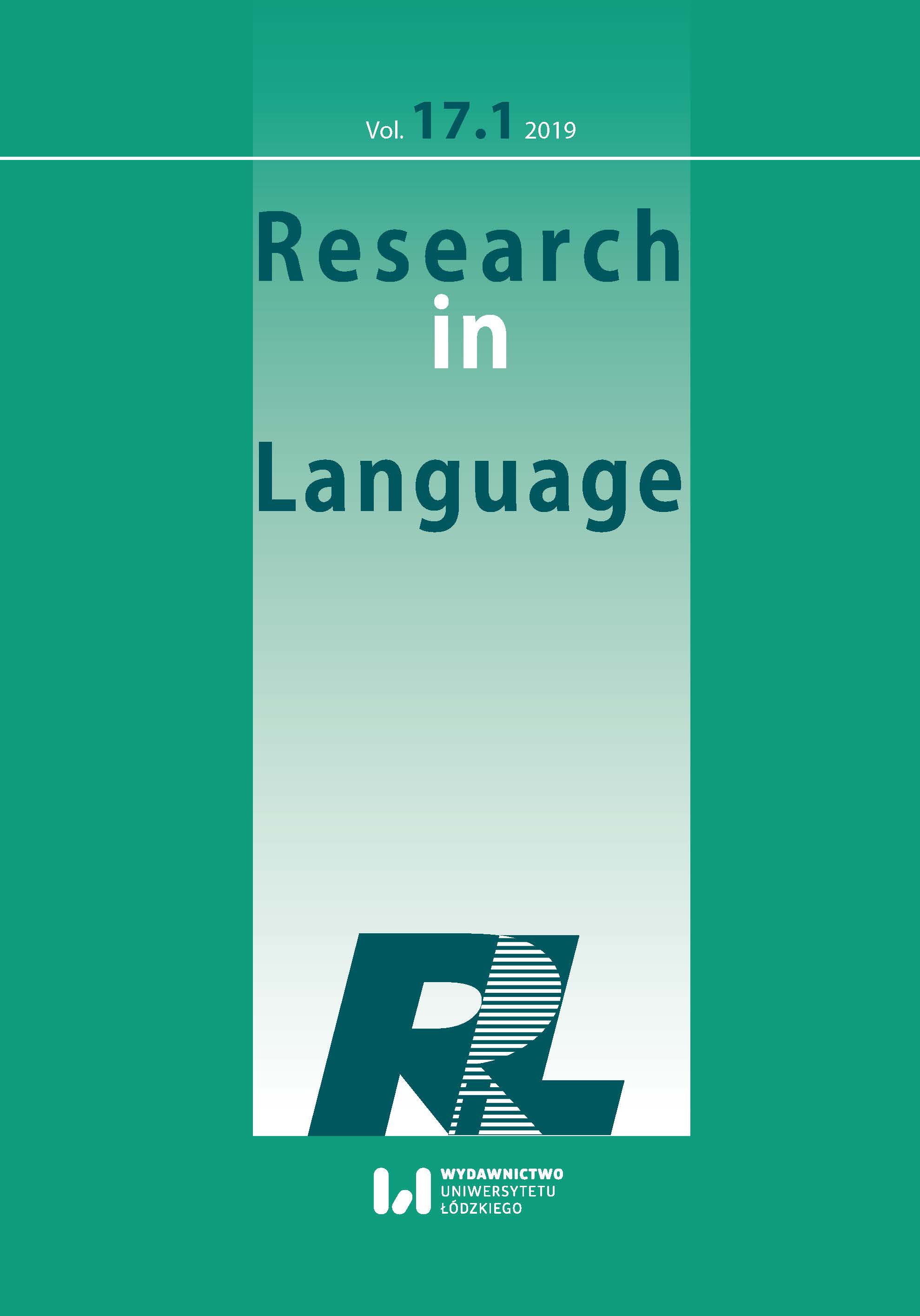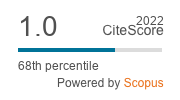Four Basic Argument Forms
DOI:
https://doi.org/10.2478/rela-2019-0005Keywords:
argument classification, argument form, argument schemes, assertion, law of the common term, Periodic Table of Arguments, proposition, types of argumentAbstract
This paper provides a theoretical rationale for distinguishing four basic argument forms. On the basis of a survey of classical and contemporary definitions of argument, a set of assumptions is formulated regarding the linguistic and pragmatic aspects of arguments. It is demonstrated how these assumptions yield four different argument forms: (1) first-order predicate arguments, (2) first-order subject arguments, (3) second-order subject arguments, and (4) second-order predicate arguments. These argument forms are then further described and illustrated by means of concrete examples, and it is explained how they are visually represented in the Periodic Table of Arguments.
References
Eemeren, Frans H. van, and Rob Grootendorst. 1992. Argumentation, Communication, and Fallacies. Hillsdale, NJ: Lawrence Erlbaum.
Google Scholar
Eemeren, Frans H. van, Garssen, Bart J. and Erik C.W. Krabbe, A. Francisca Snoeck Henkemans, Bart Verheij, and Jean H. M. Wagemans. 2014. Handbook of Argumentation Theory. Dordrecht: Springer.
Google Scholar
Frezza, Guilia. 2016. Metaphor: The Good Argument in Science Communication. Rivista Italiana di Filosofia del Linguaggio, 10(2), 21-33.
Google Scholar
Kneale, William and Martha Kneale. 1984. The Development of Logic. Oxford: Clarendon Press.
Google Scholar
Lagerlund, Henrik. 2016. Medieval Theories of the Syllogism. In Edward N. Zalta (ed.), The Stanford Encyclopedia of Philosophy (Spring 2016 Edition). [Online] Available from: http://plato.stanford.edu/archives/spr2016/entries/medieval-syllogism/ [Accessed on: 7 March 2019]
Google Scholar
Pagin, Peter. 2016. Assertion. In Edward N. Zalta (ed.), The Stanford Encyclopedia of Philosophy (Winter 2016 Edition). [Online] Available from: http://plato.stanford.edu/archives/win2016/entries/assertion/ [Accessed on: 7 March 2019]
Google Scholar
Perelman, Chaim and Lucie Olbrechts-Tyteca. 1969. The New Rhetoric: A Treatise on Argumentation. Notre Dame: University of Notre Dame Press.
Google Scholar
Ueding, Gert. (ed.) 1992ff. Historisches Wörterbuch der Rhetorik. 8 Volumes. Tübingen: Niemeyer.
Google Scholar
Wagemans, Jean H. M. 2016. Constructing a Periodic Table of Arguments. In Pat Bondy and Laura Benacquista (eds.), Argumentation, Objectivity, and Bias: Proceedings of the 11th International Conference of the Ontario Society for the Study of Argumentation (OSSA), 18-21 May 2016, 1-12. Windsor, ON: OSSA.
Google Scholar
Wagemans, Jean H. M. 2017. Periodic Table of Arguments: The Atomic Building Blocks of Persuasive Discourse. Published online December 9, 2017. [Online] Available from: www.periodic-table-of-arguments.org. [Accessed on: 7 March 2019]
Google Scholar
Wagemans, Jean H. M. 2018. Assertoric Syllogistic and the Periodic Table of Arguments. In Steve Oswald and Didier Maillat (eds.), Argumentation and Inference: Proceedings of the 2nd European Conference on Argumentation, Fribourg 2017. (Vol. I, pp. 573-588). London: College Publications.
Google Scholar
Downloads
Published
How to Cite
Issue
Section
License

This work is licensed under a Creative Commons Attribution-NonCommercial-NoDerivatives 4.0 International License.










